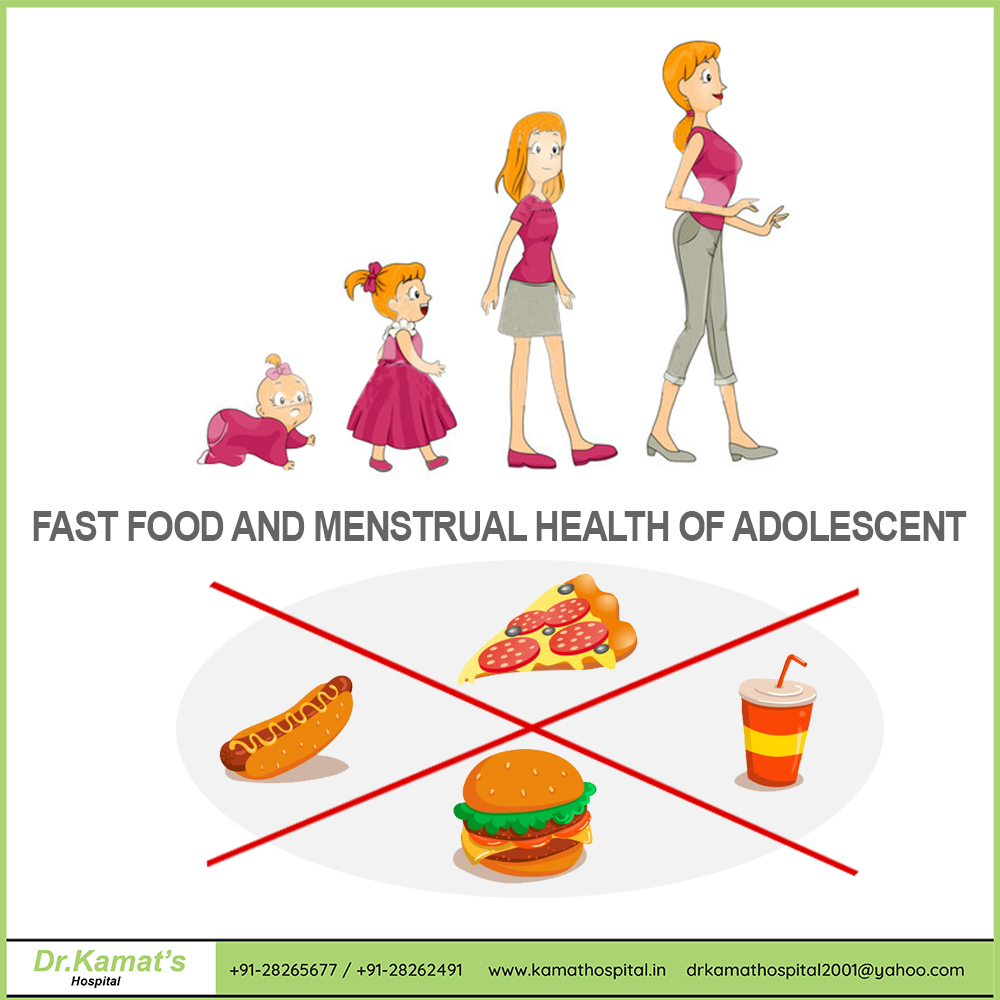Introduction
Adolescence is the transitional phase between childhood and development and is characterized by immense hormonal changes. The most striking change in adolescent girls is menarche. It signals the beginning of a woman’s reproductive life and is determined by environmental and genetic factors. Alterations in lifestyle and diet increase the prevalence of obesity in the developed world, which results in decreased age at menarche.
Early menarche and associated risks
Early menarche has several negative consequences on adult health. Women with early menarche have an increased risk of cardiovascular disease, breast cancer, and metabolic syndrome including obesity and type 2 diabetes. It also increases the risk of psychosocial distress such as depression, eating disorders, early initiation of sexual activity, and substance abuse.
Early menarche is also a risk factor for asthma in adulthood. After menarche, girls may encounter some menstrual abnormalities such as dysmenorrhea, irregularities in menstrual flow, and premenstrual symptoms .About 75% of girls experience some problems associated with menstruation, which may affect academic excellence, achievements in sports, as well as loss of self-image. Menstrual disorder at the age of 16 years is also a reliable marker of hyperandrogenemia and adverse lipid profile in later life.
Diet as a factor for early menarche
Dietary habits in young women may determine their quality of life in subsequent middle or old age. Fast-food culture is an emerging trend among the current generation. Fast foods have high fats and sugars that are unhealthy and are addictive creating vicious cycle making it hard for children to choose healthy foods. In addition, low levels of micronutrients such as calcium and magnesium can cause osteoporosis, and high trans-fat content predisposes children to develop heart diseases in future. Premenstrual symptom are significantly high in girls who consume excessive junk food. Menarche is also influenced by fast-food intake. There is a negative association between the frequency of fast- food intake and age at menarche. This observation suggests that alterations in age at menarche from 15 to 16 years in the past to less than 13 years currently. However, studies assessing the relation between diet and menstrual health status of adolescent girls are very few.


